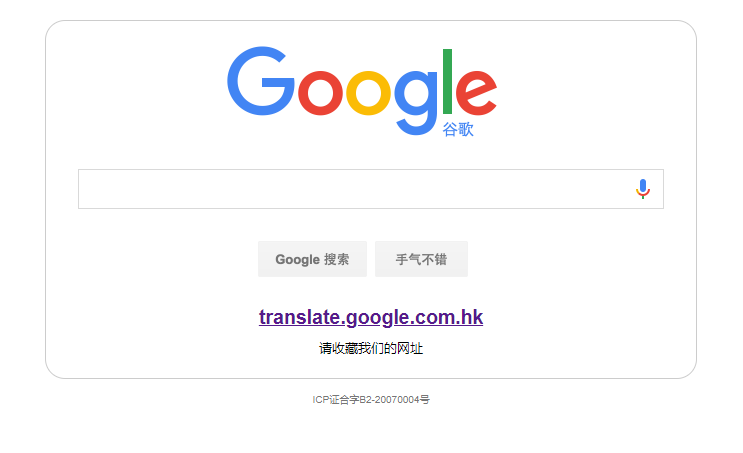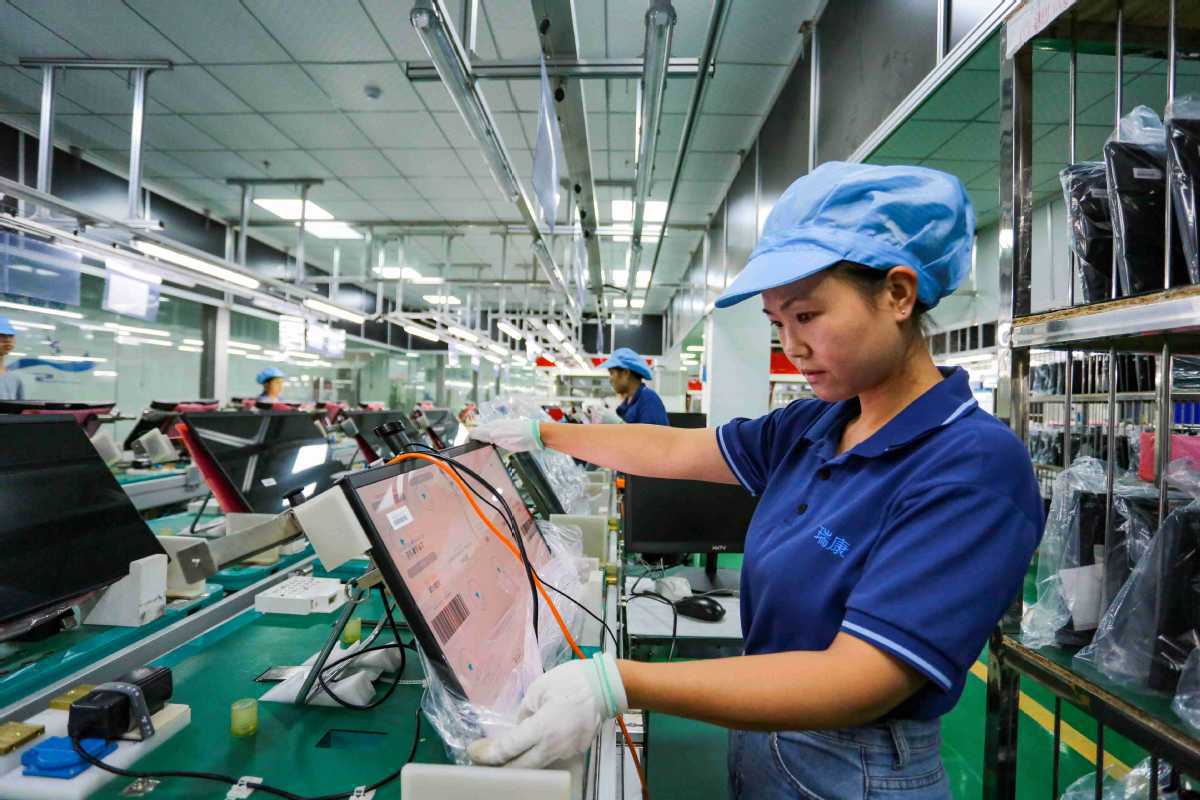AILSA CHANG, HOST:
Earlier this month, Merriam-Webster added over 300 new words to the dictionary. A number of economics terms were on the list. Adrian Ma and Wailin Wong from the podcast The Indicator From Planet Money explain the journey these words go through to get into the dictionary.
ADRIAN MA, BYLINE: To get kind of meta about things, a word added to the dictionary is sort of like a lagging indicator. In economics, a lagging indicator measures something that's already happened. And in the same way, the dictionary captures words that have already entered the mainstream.
PETER SOKOLOWSKI: If a word is new and then grows into the broader journalism, that's when we put it into the dictionary. So we're looking at the language in the rearview mirror in a way.
WAILIN WONG, BYLINE: Peter Sokolowski is editor at large at Merriam-Webster, and he thinks of words as traveling on a conveyor belt from obscurity to mainstream usage. Editors like Peter are often there at the beginning of the process, observing when a word first starts popping up.
SOKOLOWSKI: We might notice it when the word is still being treated with what I call linguistic white gloves. If you always put a parentheses after and explain, or even in quotation marks, that kind of thing announces to the reader, this is a term that you may not be exposed to up until this moment.
WONG: This process where a word goes from specialized to general usage moves at different speeds. You can see the range in two of the econ vocab terms that got added to Merriam-Webster in September - supply chain and shrinkflation. Merriam-Webster dates the term supply chain to 1948, but then, of course, usage exploded during the pandemic.
MA: Then you got words that catch on a lot quicker, like shrinkflation, which, by the way, is a kind of inflation where the cost of stuff remains the same, but you get less of it. Merriam-Webster dates the first known usage of shrinkflation to 2013, and it says the economist Pippa Malmgren is often given credit for coining it.
PIPPA MALMGREN: I noticed things were shrinking in their packages. So there were fewer potato chips in a bag. There were smaller candy bars. And I'm like, wait a minute, what is that? And I had to make up a word for it because there wasn't a word at the time.
MA: Pippa says what she did was put a catchy name to something in the economy people sensed was happening but they had a hard time discussing because there was no term for it.
MALMGREN: Somebody told me - they were like, you know, there's a Wikipedia entry for your word. I was like, what? That's so cool.
WONG: And now it's in Merriam-Webster officially - like, the dictionary, dictionary.
MALMGREN: It's fantastic. And I really encourage everybody to engage in this process of word creation.
MA: You know, last year, our colleague at Planet Money, Greg Rosalsky, he came up with the term skimpflation to describe what happens when the quality of a service goes down but the price stays the same or goes up. We thought, why don't we put in a good word with Peter at Merriam-Webster?
WONG: I'll make a pitch for skimpflation. Maybe that can make it in at a future date.
SOKOLOWSKI: Absolutely. But again, it's - the secret sauce is very simple. Just use the word.
WONG: All right. So we've got our marching orders, right? Adrian, I want you to use the word skimpflation in, like, casual conversation at least 10 times a day from now on.
MA: Skimpflation, skimpflation, skimpflation.
WONG: I don't know if this is going to meet the dictionary's criteria for, like, proper widespread usage.
MA: Not with that attitude. Adrian Ma.
WONG: Wailin Wong, NPR News. Transcript provided by NPR, Copyright NPR.

